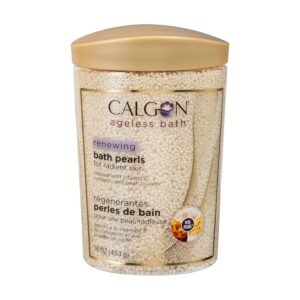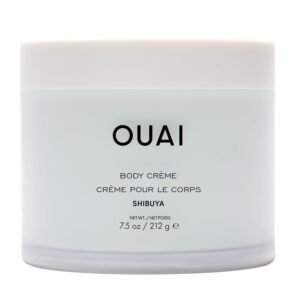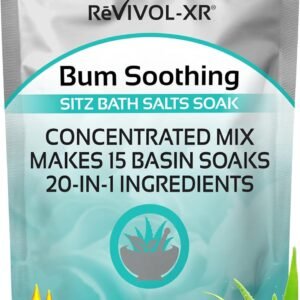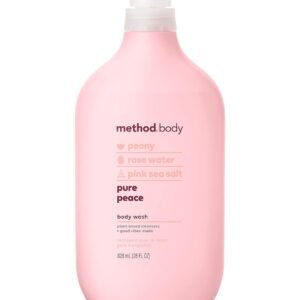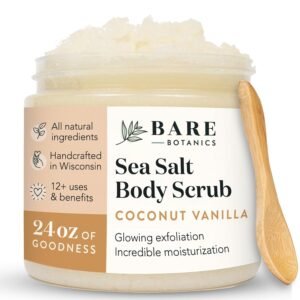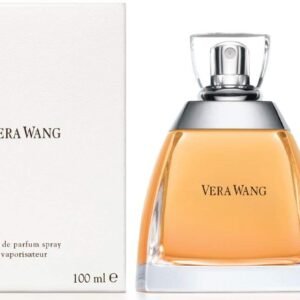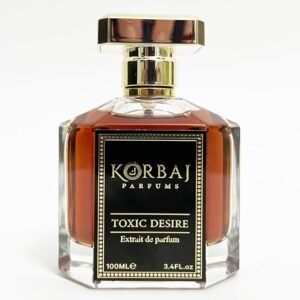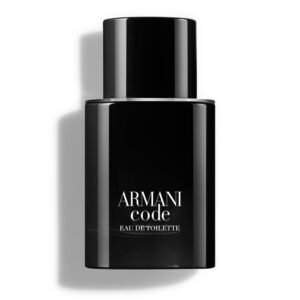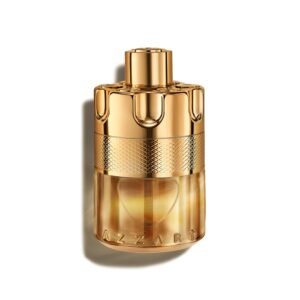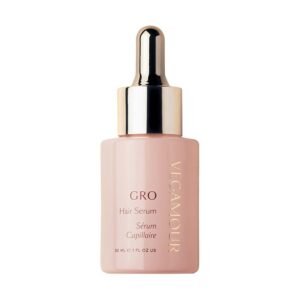
If you’re wondering how to decipher whether your hair craves protein or moisture, it all comes down to understanding the subtle signs your locks are trying to communicate to you. The key lies in recognizing those telltale signals that your hair may be sending, indicating its specific needs. By honing in on these indicators and tailoring your hair care routine accordingly, you can unlock the secret to maintaining luscious, healthy hair. But how do you actually pinpoint these signs and take action to restore your hair’s balance? Well, the answers await you as you embark on this journey of hair care discovery.
Signs Your Hair Needs Protein
If your hair lacks strength and elasticity, it may be a sign that it needs more protein. Protein is essential for maintaining the structural integrity of your hair strands. When your hair lacks protein, it can feel weak, brittle, and prone to breakage. You may notice an increase in split ends or that your hair tangles easily. Additionally, if your hair feels overly soft and mushy when wet, it could be a sign of protein deficiency.
Another indicator that your hair needs protein is if it doesn’t hold styles well or if your curls seem to have lost their bounce. Protein helps to define and support your natural texture, so a lack of it can result in limp, lifeless hair. If you frequently use heat styling tools or undergo chemical treatments, your hair may also require more protein to repair and protect it from damage. Remember to strike a balance between protein and moisture to keep your hair healthy and strong.
Signs Your Hair Needs Moisture
Wondering how to tell if your hair needs more moisture? Dry and frizzy hair that lacks shine is a clear indicator that your hair is craving moisture. When you run your fingers through your hair and it feels rough, brittle, or straw-like, it’s a sign that your strands are in desperate need of hydration. Additionally, if your hair tangles easily and feels hard to manage, it might be because it lacks moisture.
Another way to determine if your hair needs more moisture is by observing its elasticity. If your hair stretches when wet but doesn’t return to its original state, it could be a sign of moisture deficiency. Brittle hair that breaks easily, especially when combing or styling, is also a common indication that your hair needs more moisture to regain its strength and resilience.
To combat these signs of dryness, incorporating deep conditioning treatments, leave-in conditioners, and moisturizing hair masks into your hair care routine can help restore moisture and improve the overall health of your hair.
How to Balance Protein and Moisture
To achieve healthy hair, understanding how to balance protein and moisture is essential. Protein helps strengthen the hair strands, while moisture keeps the hair hydrated and elastic. Too much protein can lead to stiff, brittle hair, while excessive moisture can result in limp, weak strands. To strike the right balance, consider your hair’s needs. Fine or low porosity hair may require more moisture, while coarse or high porosity hair might benefit from additional protein.
One way to balance protein and moisture is by incorporating protein treatments and deep conditioning masks into your hair care routine. Aim to use protein treatments every 4-6 weeks and deep conditioning masks weekly or bi-weekly, depending on your hair’s needs. Additionally, pay attention to how your hair responds after each treatment to adjust the frequency accordingly. It’s a trial-and-error process, but once you find the right balance, your hair will be healthier, stronger, and more manageable.
Products to Restore Hair’s Health
Consider incorporating specialized hair masks and serums into your routine to restore your hair’s health and vitality. Look for products containing ingredients like keratin, biotin, argan oil, or collagen to nourish and strengthen your strands. Hair masks are deep conditioning treatments that can help repair damage and improve overall hair health. Opt for masks with protein if your hair feels weak and brittle, or choose moisturizing masks if your hair is dry and lacks elasticity.
Serums are lightweight products that can provide added moisture, shine, and protection. Select serums with ingredients like vitamins E and C, hyaluronic acid, or silk proteins to help revive your hair. Apply serums to damp or dry hair, focusing on the mid-lengths and ends to combat frizz and add a healthy sheen. Incorporating these specialized products into your hair care routine can help restore your hair’s natural beauty and resilience, leaving you with luscious, vibrant locks.
Trending Products

